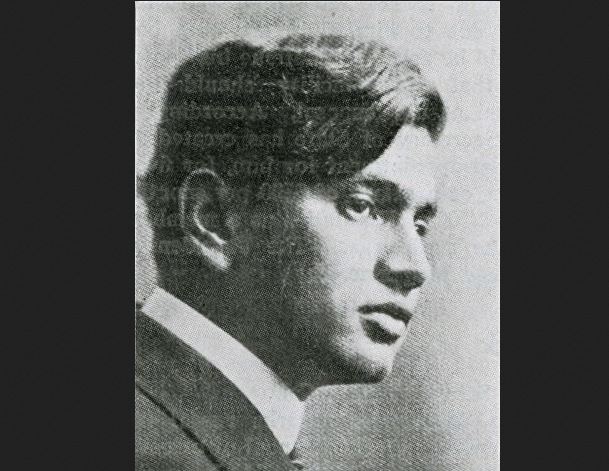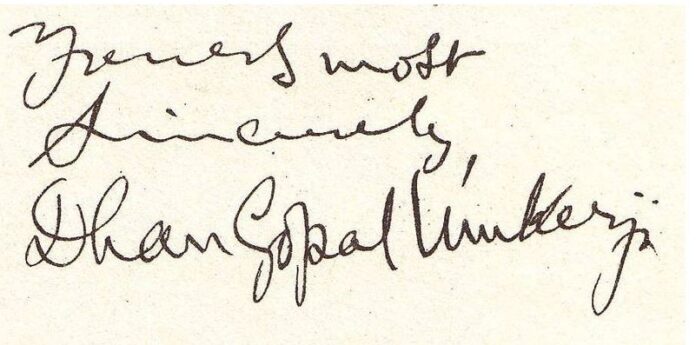On this day, July 6th, 1890, Dhan Gopal Mukerji was born near Calcutta, India. 38 years later, in 1928, he became the first person of color to win the John Newbery Medal—a prestigious prize awarded annually to “the most distinguished contributions to American literature for children”.
Unfortunately, his work is forgotten for the most part today, but his legacy remains substantial in the Asian community.
Mukerji was raised in a jungle village in what is now considered to be West Bengal; his childhood and home life in India was described as being “idyllic,” and his experiences of growing up in nature later served as a quintessential attribute to much of his writing. After spending a year in Japan, Mukerji eventually moved to the United States where he went to the University of California Berkeley; he then obtained a graduate degree from Stanford University and became a lecturer for comparative literature.

He was undoubtedly an eloquent writer and published many poems and plays in his twenties and thirties. In 1927, he published a children’s novel called Gay Neck, The Story of a Pigeon, which was internationally acclaimed. It was this book that won the Newbery Medal. Mukerji’s works are inspired by his upbringing and Indian ancestry, and he includes themes of Indian heritage, “including rural and forest life, in his work”. He also published a memoir in 1923 called Caste and Outcast, where he describes his South Asian background and explores the influence of his ethnic and cultural experiences in the US. According to Stanford University Press, Mukerji “holds the distinction of being the first South Asian immigrant to have a successful career in the United States as a man of letters”.
Mukerji also highlighted the political and social climate in India in many of his works. He was at ideological odds with his brother, Jadu Gopal, who was a revolutionary fighting against the British. In My Brother’s Face, Mukerji expressed his discontent with India’s cultural shift, stating that it was too modern. In other works, such as Disillusioned India, he described women in India to be “too outspoken.”
LATEST STORIES
At the end of his life, Mukerji focused on writing about Indian culture and spirituality. Those closest to him described him as living his life almost frantically, as he seemed to always be searching for an “inner life.” Mukerji died by suicide in 1936; he was 46 years old. While Mukerji is not a central figure in American literature today, his legacy is not completely out of mind. He is still the only person of Indian descent to win the Newbery Medal.
AsAmNews is published by the non-profit, Asian American Media Inc. Follow us on Facebook, X, Instagram, TikTok and YouTube. Please consider making a tax-deductible donation to support our efforts to produce diverse content about the AAPI communities. We are supported in part by funding provided by the State of California, administered by the California State Library in partnership with the California Department of Social Services and the California Commission on Asian and Pacific Islander American Affairs as part of the Stop the Hate program. To report a hate incident or hate crime and get support, go to CA vs Hate.








